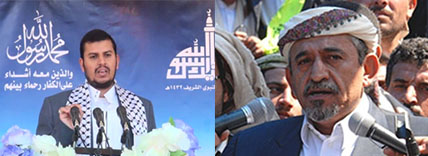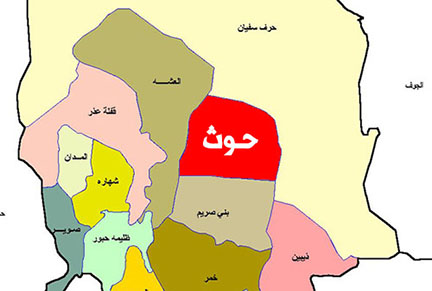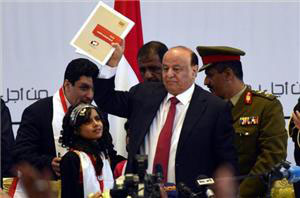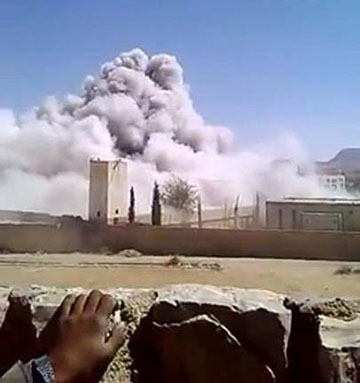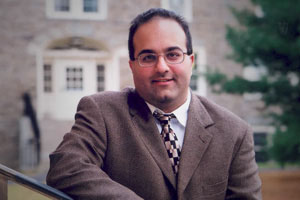
Yemen is about to shrink administratively, but there is hope for a resolution of the ongoing insecurity in the wake of the Arab spring toppling of Ali Abdullah Salih, who ruled Yemen for more than three decades. One result of the National Dialogue Conference is a recommendation that Yemen become a federalist state with six regions to replace the former major regional units. As described in the official Saba News agency of the Yemeni government, the existing governorates would be assigned as follows:
• Hadramout will include al-Mahra, Hadramawt, Shabwa and Socotra, with al-Muklâ as its capital.
• Saba will include al-Jawf, Ma’rib and Al-Baydha, with Marib as its capital.
• Aden will comprise Aden, Abyan, Lahj and Dhala‘, with the capital in Aden.
• Janad will comprise Taiz and Ibb, with Taiz as a capital.
• Azal will consist of Sa‘da, San‘a, Amran and Dhamar with the capital to be determined within the former San‘a governorate, but not San‘a city.
• Tihama will include al-Hudayda, Rayma, al-Mahwit and Hajja with its capital in the city of al-Hudayda.
For those who prefer to see the divisions in Arabic, here they are:
الإقليم الأول: Ù…ØاÙظات المهرة Øضرموت شبوة سقطرى، ويسمى إقليم «Øضرموت» وعاصمته المكلا.
الإقليم الثاني: Ù…ØاÙظات الجو٠مارب البيضاء، ويسمى إقليم «سبأ» وعاصمته «سبأ».
الإقليم الثالث: Ù…ØاÙظات عدن ابين Ù„Øج الضالع، ويسمى إقليم «عدن» وعاصمته عدن.
الإقليم الرابع: Ù…ØاÙظتا تعز إب ويسمى إقليم «الجند» وعاصمته تعز.
الإقليم الخامس: Ù…ØاÙظات صعدة صنعاء عمران ذمار، ويسمى إقليم «آزال» وعاصمته صنعاء.
الإقليم السادس: Ù…ØاÙظات الØديدة ريمة المØويت Øجة، ويسمى إقليم «تهامة» وعاصمته الØديدة.
The plan also calls for the city of San‘a being an independent capital area, perhaps like the District of Columbia in the United States, to guarantee its impartiality. Its geographical extent will be increased by some 40 percent. Aden will also have special status as an economic zone and its geographical extent as a city enlarged. Continue reading Yemeni Federalism: The Fix is Six

